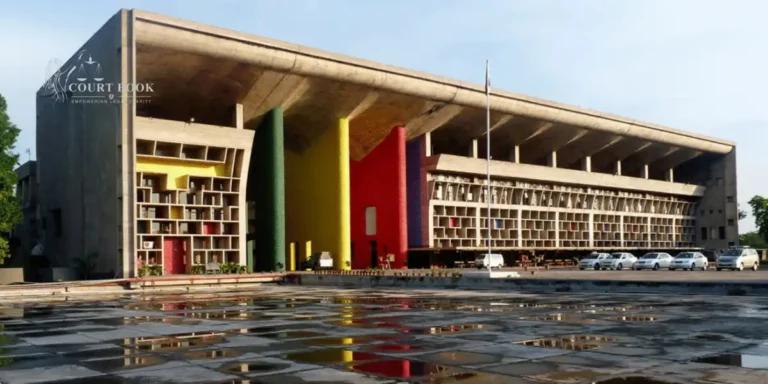In a significant ruling, the Punjab and Haryana High Court declined to remove the Trial Court's observations against a police officer who was allegedly involved in framing innocent people in a false rape case to extort money.
Justice Jagmohan Bansal, while delivering the verdict, explained that the Trial Court’s remarks were based on evidence and did not fall under the usual category of adverse observations against police officers due to procedural lapses.
Read also: Supreme Court Revokes High Court's Stay on Chandigarh Liquor Vend Allotments
"The Rule is primarily applicable in cases of defective or insufficient investigations, where courts make remarks about investigating officers. However, this case is different," the court clarified.
The Trial Court had acquitted the accused in the rape case and noted that the complainant (prosecutrix), a married woman, had questionable conduct. It was also found that she was in an illicit relationship with an Assistant Sub-Inspector (ASI) from Gurugram and allegedly involved in framing innocent people to extort money.
Read also: Punjab & Haryana HC: No Defamation Case Against Journalists for Reporting CM's Statement
As a result, the Additional Sessions Court directed police authorities to investigate the alleged nexus between the prosecutrix and the ASI. If they were found guilty, appropriate action should be taken.
After reviewing all submissions, the High Court upheld the Trial Court’s stance:
"The Trial Court examined the testimonies and evidence, concluding that the petitioner’s role in the false case needs to be independently investigated by the Superintendent of Police," the court stated.
Read also: Punjab & Haryana High Court Declares Haryana Government's Land Notification Unconstitutional
The ASI had argued that the remarks should be expunged since:
- He was not an accused in the case.
- He was not an Investigating Officer.
- He was not given a chance to defend himself before the remarks were made.
However, the High Court dismissed this argument, stating that the principle of granting a hearing before passing an order is not absolute.
"In legal proceedings, hearings are not always mandatory before passing an order. For instance, when sanctioning prosecution against a government servant, a prior hearing is not required," the judgment clarified.
Read also: Court Grants Compensation to Unborn Child in Motor Accident Case: Punjab & Haryana High Court
Justice Bansal emphasized the seriousness of false rape allegations, stating that they create challenges for courts in distinguishing between genuine and fabricated cases.
"Rape is a serious crime, and false cases make it difficult for courts to separate real victims from those making false accusations for personal gain," the judgment observed.
Since the Trial Court had not declared the ASI guilty, but merely asked the Superintendent of Police to investigate his involvement, the High Court ruled that there was no need to interfere with the Trial Court’s remarks.
Thus, the petition to expunge the remarks was dismissed.
This case highlights the judiciary's firm stance against police misconduct and false rape allegations. It also sets a precedent that courts can order investigations into alleged police involvement in fabricated cases, even if the officer is not formally accused in the trial.
This ruling serves as a warning against misuse of laws for personal gains while reinforcing the need for ethical conduct among law enforcement officers.
Mr. Manish Soni, Advocate for the petitioner
Ms. Palika Monga, Deputy Advocate General, Haryana
Title: XXX v. State of Haryana and another















